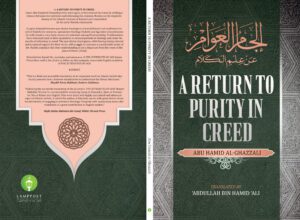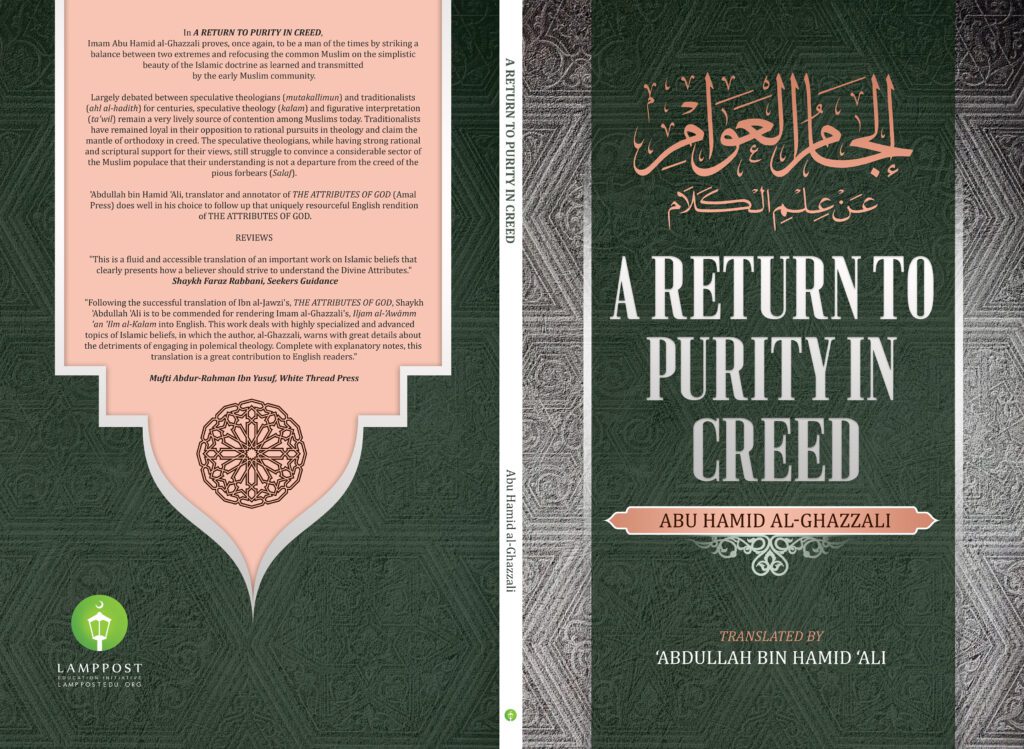We highly recommend Shaykh Abdullah bin Hamid Ali’s ‘Fiqh of Fasting which provides a excellent discourse on fasting according to the school of Imam Malik (ra)
When exactly when do we start fasting? Can we eat our ‘suhur’ after fajr if it is still dark outside? Shaykh Abdullah answers this question in this MP3 clip taken from his ‘Fiqh of Fasting’ session.
Sample of Fiqh of Fasting by Shaykh Abdullah Ali
What are the acts which are disliked during fasting? What should we avoid? Can we use a toothstick during the time of fasting? How does vomiting effect our fast? What is the expiation for breaking the fast? What situations can we simply make up for the fast as opposed to ‘expiate’ for the fast?
Shaykh Abdullah Ali of Zaytuna College responds to these questions in this detailed article about fasting.
Things Disliked During Fasting by Shaykh Abdullah bin Hamid Ali
The following things are considered undesirable while fasting:
1. Fantasizing about sexual intercourse and the like
2. Staring at the opposite sex lustfully
3. Kissing
4. Fondling and hugging one’s spouse
5. Playing with one’s spouse
All of these things are considered disliked while fasting with the condition that one is sure that pre or full ejaculation doesn’t occur while doing any of these acts. But if one is unsure of this or has doubt that such a thing will occur it becomes haram to participate in any such act. (1)
6 Tasting food without swallowing it (2)
7.Excessive talking without need or benefit
*Excusable occurrences
If any of the following happen while one is fasting, one’s fast is still valid and one is not obliged to make up the fast:
* Vomiting: unless one induces vomit. If one induces vomiting he/she will be obliged to make up the day.
* Swallowing flies and other insects (3)
* Inhaling dust on the road or that found in shops that manufacture wood-products and the like for those who work there
* Chewing on or using a flavorless tooth stick that break into pieces
* Waking up in a state of major ritual impurity after fajr
The Expiation for Breaking one’s Fast during Ramadan (4)
All of those who intentionally break their fasts without a valid excuse (5) are required to compensate for this violation – in addition to
making up the day – by doing what is called an `expiation’ or `dispensation’ (kaffaarah). Expiation is of three different forms:
1. The freeing of a slave
2. Fasting for 2 consecutive months
3. Feeding 60 indigent people
One of the three aforementioned expiation’s is due for each day that one violates the sanctity of the month of Ramadan by intentionally breaking the fast by eating (6), drinking, or having sexual intercourse.
The Expiation for Breaking one’s voluntary fast:
If a person intentionally breaks a voluntary fast without a valid reason, it is his/her obligation to make up the fast at the later day. But no expiation other than that is required.
The person who cannot bear the pains of fasting:
Those who cannot fast due to old age, chronic illness, the one who can not bear the pains of fasting and thereafter breaks it, or the one who is weakened by fasting and fears for his/her physical well-being or life, each one of these people is permitted to break his/her fast whether the fast is obligatory or voluntary.
These excuses are considered legitimate reasons for not fasting or for breaking one’s fast. The difference is that those who cannot bear the pains of fasting, and those who are weakened by fasting are required to make up days missed at a later time, while those who are decrepit or suffer from chronic illness are not required to make up the days missed. They are also not required to feed anyone for days missed.
Was-Salam
Abdullah
(1) If pre-ejaculatory fluid is released or if full ejaculation occurs, one is required to make up the particular day of fasting as long as it
occurs from one of these acts mentioned above. But if either is released due to a non-customary cause such as cold weather, etc. one
isn’t obliged to make up the fast.
(2) It is undesirable for one to taste food, like a pot roast, salt, or honey, or to chew a small morsel of something, or to chew a baby’s food to make it palatable for him/her. But were one to do so, it would not break the fast unless one happens to swallow it.
(3) That is, it is excusable as long as one doesn’t swallow it intentionally. If one swallows it intentionally, one must make up the fast and do an expiation of fasting 2 months consecutively, feeding 60 indigent Muslims, or freeing a slave.
(4) The same rulings apply for one who breaks any obligatory fast outside of Ramadan, for example, a fast that one vows to keep every week, every month, or every Thursday.
(5) Examples of people who have valid excuses not to fast are travelers, menstruating women, women still bleeding after giving birth, pregnant women, women who are nursing children, elderly men and women who can no longer bear the pains of fasting and anyone similar to them.
Travelers, menstruating women, and those still bleeding after child birth, are all required to make up the days missed from fasting, but they are not required to feed for days missed. As for pregnant women, they are required to make up the days they missed, but not required to feed anyone. As for the woman who is nursing her child, she is required to make up the days missed as well as feed an indigent for each missed day. And the elderly and those who are unfit to fast are neither required to make up the days missed from fasting nor feed anyone for days missed.
(6) Inhaling or swallowing smoke, dust, and any other object also breaks one’s fast if it is done intentionally. Even though smoke and dust are not food, they are given the same ruling of food since they are things that enter the body from the same points of entry as food and drink. So food and drink are not the only things that can break one’s fast. Anything non-food item that is equally digestible when entered into the body also can break one’s fast.
Click HERE for Part 1 of Important Tips for Fasting in the Month of Ramadan
Click HERE for Part 2 of Important Tips for Fasting in the Month of Ramadan
Click HERE for Part 3 of Important Tips for Fasting in the Month of Ramadanz
Support the Lamppost Ramadan Fundraising Initiative Click the Banner below for more details
Do not miss our exclusive online session with Dr Sherman Abdul-Hakim Jackson on his new book, “Sufism for Non-Sufis?”
Click the banner below for more details:













